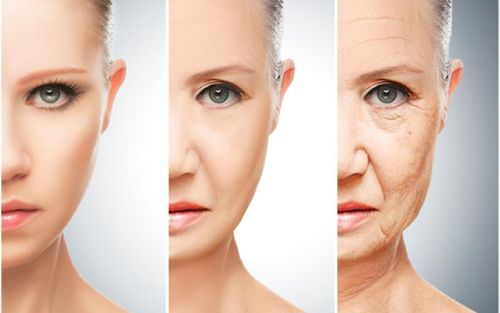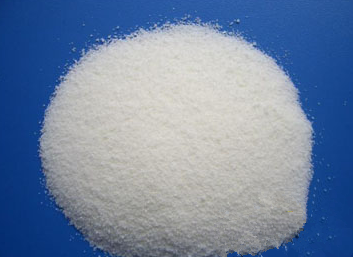Many anti-aging skin care products contain antioxidants. Recently, a new study from the University of Maryland (UMD) showed that methylene blue, a commonly used inexpensive and safe antioxidant, can slow down skin aging. The researchers found that methylene blue can slow or reverse several signs of aging when tested in cultured human skin cells and simulated skin tissue. The study was published in the journal Scientific Reports on May 30, 2017.
Kan Cao, associate professor of cell biology and molecular genetics at UMD, said: "Our work shows that methylene blue is a powerful antioxidant that can be used in skin care products. The effect we see is not temporary, methylene blue seems to Skin cells produce fundamental long-term changes."

Methylene blue makes skin cells of premature aging patients and the elderly younger
The researchers tested the efficacy of methylene blue in healthy middle-aged donors and skin cells from premature aging patients within four weeks. In addition to methylene blue, the researchers also tested three other known antioxidants: N-acetyl-L-cysteine ​​(NAC), MitoQ and MitoTEMPO (mTEM).
In these experiments, methylene blue was superior to the other three antioxidants, improving several age-related symptoms in cells from healthy donors and premature aging patients. Skin cells have reduced oxygen free radicals, reduced cell death rates, and increased cell division rates throughout the four-week treatment period.
Next, Cao and her colleagues again tested the methylene blue of fibroblasts from older donors (> 80 years old) for the same four weeks. At the end of treatment, cells from older donors undergo a series of improvements, including two genes commonly used as indicators of cellular senescence: senescence-associated beta-galactosidase and decreased p16 expression.
Zheng-Mei Xiong, the lead author of the study, said: "I am very excited and encouraged to observe that skin fibroblasts from individuals over 80 years of age grow better in methylene blue medium and have fewer cell aging markers." Blue is a great potential for delaying skin aging. â€

A three-dimensional model of live skin cells shows that cells treated with methylene blue (right) have a thicker dermis layer.
L-Ascorbic Acid, also known as Vitamin C, is a six-carbon lactone produced by plants and some animal species but not by humans and other primates. Ascorbic acid functions as an enzymatic cofactor for multiple enzymes, serving as an electron donor for monooxygenases and dioxygenases.
- CAS No.: 50-81-7
- Molecular formula: C6H8O6
- Molecular Weight: 176.124

Application:
1. Antiscorbutic, antiviral
2. Analgesic, antipyretic
3. Physiological antioxidant. Coenzyme for a number of hydroxylation reactions; required for collagen synthesis. Widely distributed in plants and animals. Inadequate intake results in deficiency syndromes such as scurvy. Used as antimicrobial and antioxidant in foodstuffs.
L-Ascorbic Acid,Vitamin C 50-81-7,Ascorbic Acid
Shandong Tiancheng Chemical Co., Ltd. , https://www.tianchengchemical.com